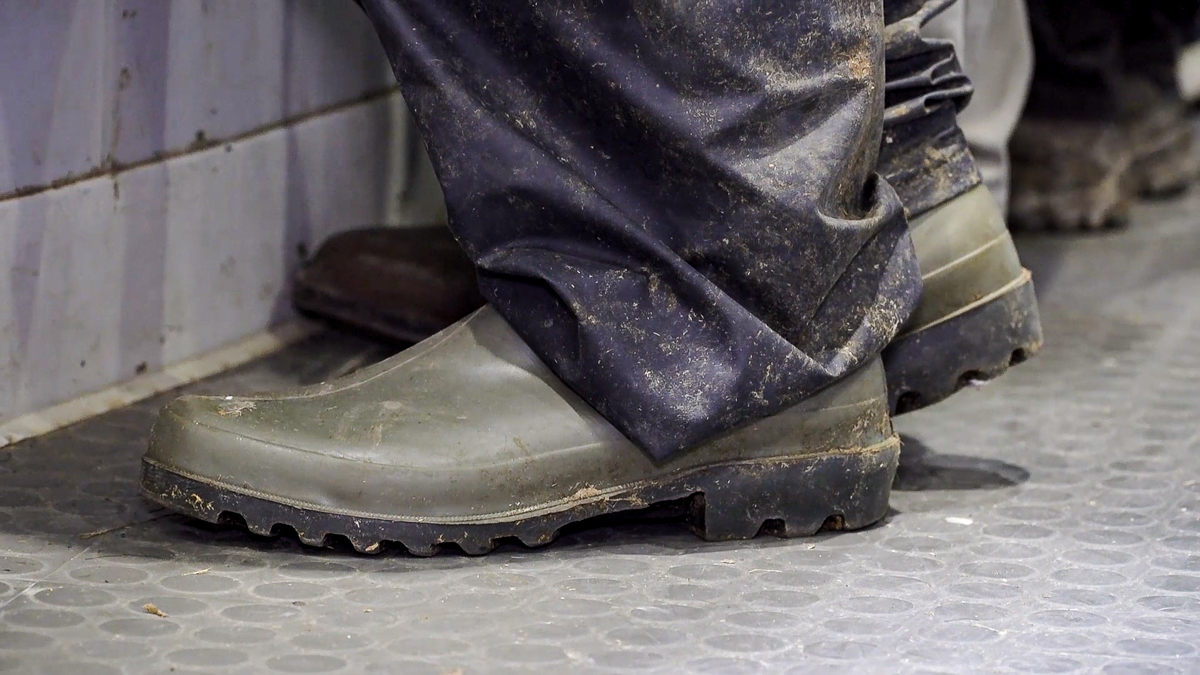Irish veterinary consultant Dr. Tommy Heffernan has highlighted the need for everyone entering a livestock farm, to wash and dip their boots in a proprietary disinfectant.
Speaking at a Progiene-hosted webinar, he said that visitors represent a biosecurity risk on all farms.
A 2020 survey of UK dairy farmers, carried out for Progiene, confirmed that 80% of farms reported having a boot dip. However, only 55% of those surveyed did not require every on-farm visitor to use it.
According to Progiene’s Alison Clark, this is concerning given that diseases with high transmission rates, and which easily survive on boots, were reported on many of these farms. She explained:
Data found that 20% of farmers allow visitors to determine whether or not they want to disinfect their boots, while 35% will require some visitors, but not all to do this.
In both her experience, and that of Dr. Heffernan, farmers hesitant to require all visitors to practice this first point of defence against disease on-farm, tend to be apologetic about strict implementation, with regular visitors such as advisors or friends coming for a look around.
Compliance
To overcome this challenge of compliance, Dr. Heffernan confirmed that all visitors must disinfect boots before stepping foot in the farmyard – with no exceptions.
He also recommended that farms minimise entry points for visitors and set up a highly visible and designated boot dipping point.
Heffernan continued:
“This point should include clear signage of protocols to disinfect boots, including either a bucket and brush or water point to clear soil off first before boots are dipped as heavy soiling can impact its efficacy.
Heffernan also explained that the successful implementation of biosecurity practices requires a combination of mindsets and systems for all those involved in the business.
“In order for biosecurity protocols to be successful, they must first be efficient, practical and simple,” he explained.
“They must also serve a specific purpose that is outlined to staff, so they understand why they are important to follow in the first place.”
Understanding biosecurity
In order to develop biosecurity protocols that will be more likely to be followed by staff, Dr. Heffernan explained the need to involve everyone within the business in the process of building an understanding of why these regimes are essential to the overall health and performance of the farm.
He further explained:
A good way to get staff to buy into biosecurity protocols is to assign a member a specific area to research, help form a protocol and then present back to the team.
“This will foster a better understanding of why biosecurity is important with them being more likely to encourage other members of staff to implement it properly.
“These protocols should include clear guidelines on farm, so everyone who steps foot on farm knows exactly what is expected of them, and a detailed plan that can quickly be implemented if there is a disease compromise,” he concluded.
